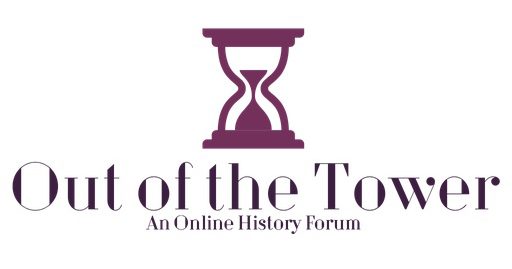I: FRAMEWORKS
A. Introduction
Historiography–The critical examination of the various philosophies, theories, and methods that influence historical scholarship.
Historical Agency–This concept refers to whom or what a historian believes to be the primary agent of historical change.
Historicism—The aim to understand the worldview of the culture that produced the primary source materials. Embedded in this concept is that idea that the past is a different world that needs to be studied in its own terms.
Famous Schools of History…
- Empiricist
- Idealist
- Progressive
- Marxist
- Consensus
- Nationalist
- Annales
- New Left
- New Social History
- Post-Structuralism
- Post-Modernism
B. Philosophy of History Trends
Popular History–Based on entertainment value; emphasize drama and excitement
Academic History–Critical analysis and investigation
Nationalistic–Seeking to build a sense of national unity and patriotism among citizens by teaching them about a common past
Moral–History as a means to instill values and moral beliefs
Identity–Historical research as a way to understand beliefs, lives, and ourselves by comparing our lives to those from different places.

